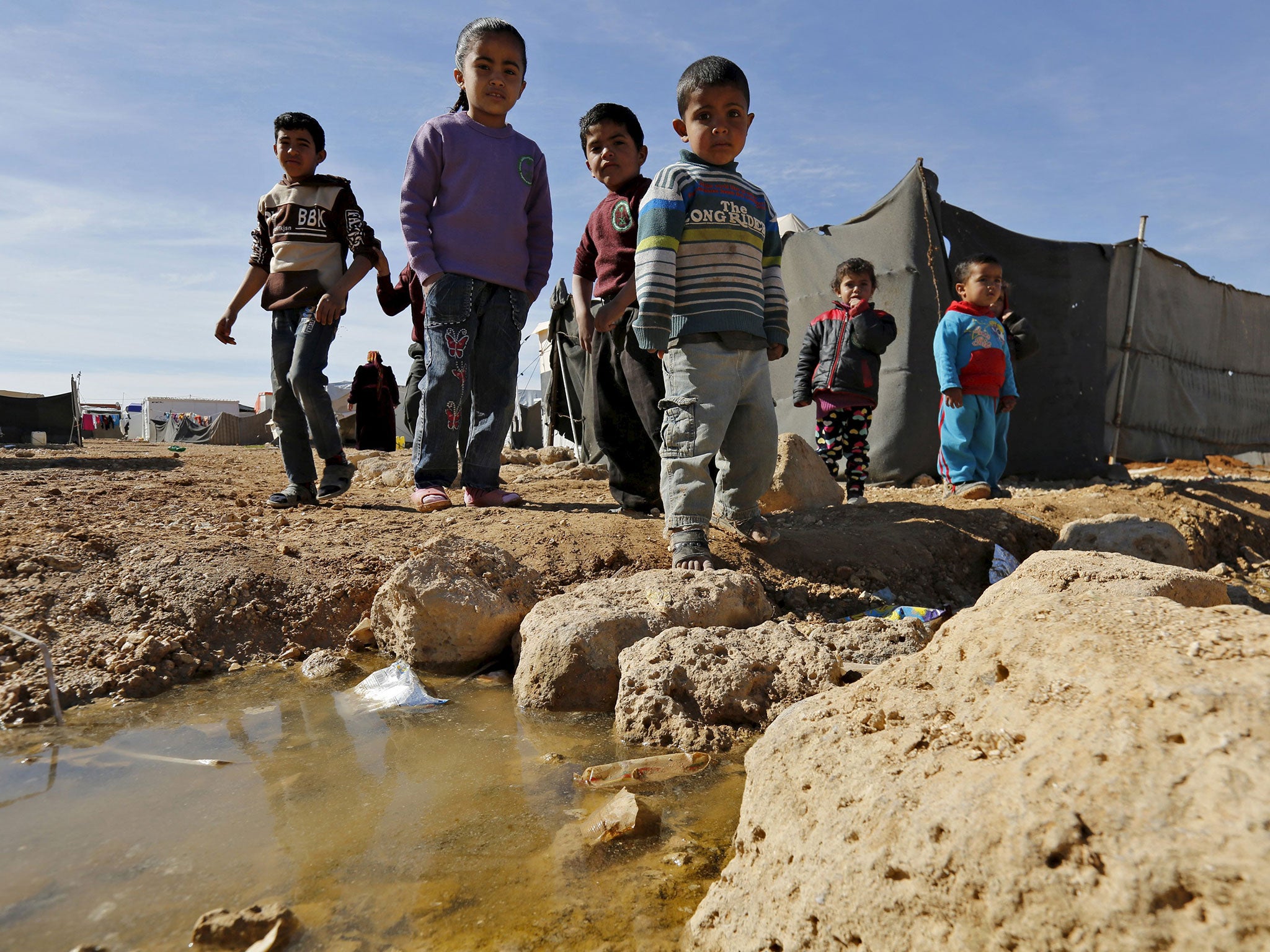Refugee crisis: David Cameron's response to migrants 'morally unacceptable', say leading economists
'We believe that the UK’s response to the refugee crisis is seriously inadequate'

Some of the world’s leading economists have launched a scathing attack on David Cameron’s response to the refugee crisis, urging Britain to welcome more people fleeing the Middle East.
In an open letter to the Prime Minister, 123 economic experts who have worked in the UK argue that current government policy is “morally unacceptable” – and economically damaging in the long term. The signatories, who include former diplomats and Whitehall officials as well as academics, write: “We believe that the UK’s response to the refugee crisis is seriously inadequate.
“The costs in human wellbeing of the refugee crisis ... are so extremely high that it is morally unacceptable for the UK not to play a fuller part in taking in refugees.
“The UK’s current offer of 20,000 resettlement places spread over five years, only open to those still outside the EU, and to Syrians, is too low, too slow and too narrow.”
Among those to put their name to the letter is the former chief economist at the Cabinet Office Jonathan Portes.
He said: “Integrating refugees into our society and labour market will be, as it has been in the past, challenging. But we have done it before – with enormous benefits, both economic and social, to the UK – and there is absolutely no reason we cannot do it again.”
Pointing out the economic benefits to Britain brought by Asian Ugandans expelled by Idi Amin in the 1960s, he said: “The UK has historically been good at absorbing refugees into British culture and society, and not just looking back to the Huguenots, Jews and East African Asians.
“Only last week, new statistics showed that children in London who don’t have English as a first language were outperforming the national average at GCSEs. Immigrants and refugees who come here want to integrate and want to contribute – if we give them the opportunity.”
Another of the signatories, Lord Malloch-Brown, former Deputy Secretary-General at the United Nations, said: “The refugee crisis is a challenge not just to life but to Europe’s values and responsibilities, its respect for international law and its standing in the world. The lasting damage to its international authority if it betrays its responsibilities shouldn’t be underestimated.”
The economists argue that current government policy – which is for Britain to take 20,000 Syrians by 2020, plus an uncertain number of unaccompanied child refugees – is “based on the misguided premise that refugees will be deterred from travelling to the EU” by a refusal to take in those who have arrived “and by refusing to offer safe or legal routes by which to come”.
And they claim ministers misunderstand the “intolerable ‘push’ factors” forcing people out of countries where they are persecuted.
In October last year, more than 350 judges and lawyers wrote to the Prime Minister calling for the UK to adhere to four refugee principles.
At the start of January this year, a second letter making similar demands was signed by 27 non-governmental organisations including Oxfam and Amnesty International.
The four principles are: the UK should take a fair and proportionate share of refugees, safe routes to the UK should be established, safe routes within the EU should be established and there should be fair procedures to determine eligibility for international protection of refugees.
Subscribe to Independent Premium to bookmark this article
Want to bookmark your favourite articles and stories to read or reference later? Start your Independent Premium subscription today.

Join our commenting forum
Join thought-provoking conversations, follow other Independent readers and see their replies